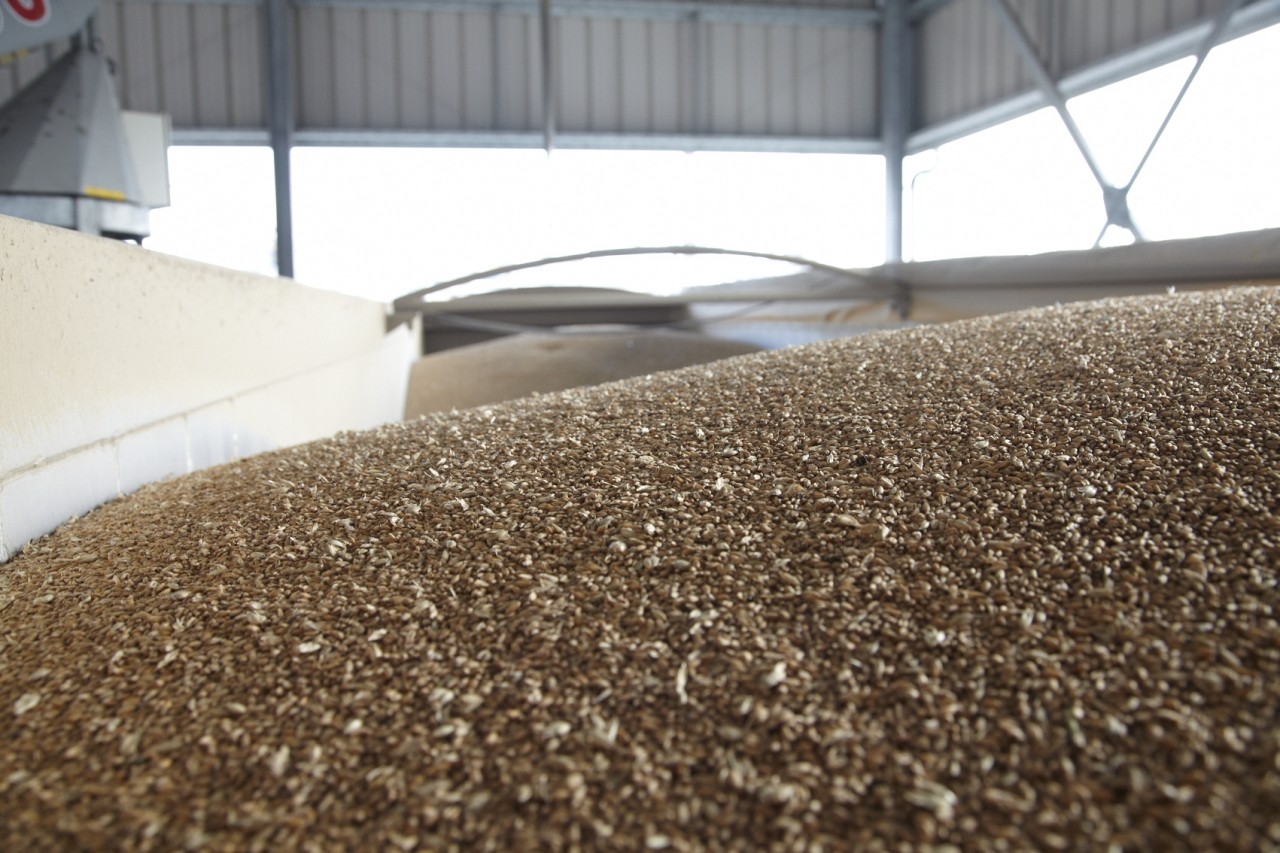Market report - 1st August 2018
World markets
US wheat continued its rally yesterday, taking gains up to circa £22/t from the lows of July. Throughout the month of July crop concerns around the world have grown considerably, adding fresh fuel to the fire and driving markets higher. Politics are still in the frame, with some rumours circulating that the US and China could be close to agreeing some trade discussions which should support soybeans, with follow through support for corn and wheat likely. However, weather remains the key driver at the moment and the US plains are forecast to remain dry for the next two weeks. Canada also remains dry with temperatures still climbing and Australia has only a few light showers forecast for the South which won't make a difference to current drought conditions. India's monsoon activity is also below average.
Matif wheat futures made new contract highs yesterday morning before calming down to just modest gains by the close. Sweden was yesterday's candidate for a crop downgrade, with heat and dryness causing an estimated 40% drop to their wheat production. On its own this only represents around 1.5 million tonnes but added to the mix of all the recent downgrades seen across the EU, it is another example of the rapidly shrinking EU wheat crop. Today, the German Farmers Association has cut its winter wheat crop to 18 million tonnes from 24.1 million tonnes last year. On top of this, the Russian state weather forecaster sees Russian wheat crops 15 to 20% down and Ukraine's Agricultural Minister has cut their wheat production to 22/23 million tonnes compared to 27 million tonnes last year. However, Ukraine did increase their maize crop estimate to 27 million tonnes, up from 24 million tonnes last year.
UK markets
London wheat closed lower yesterday, running out of steam after the initial gains of the morning. Today however, values have rallied again fuelled by the German crop downgrade and are now testing recent contract highs.
The UK is still gauging its own crop size, with some parts of the country starting again today after the wet weekend. We will not finish with a record-breaking harvest this year, but some early yields have been promising. Meanwhile, weather issues around the world continue to add price support, leading to strong selling opportunities for UK farmers as they start to bring the harvest in. September wheat is now £24/t higher than the lows of July and a huge £52 higher than the January lows. The uncertainty in this year's global production is also serving to make some very attractive values available for crops '19, and even '20, for those farmers with a mind to sell forward and lock in what look to be profitable values. After five years of lower wheat values this has to be worth considering.
As a subscriber, you’ll receive email alerts each time a new blog is published so you can always stay updated with the latest advice and insights from our experts


Comments